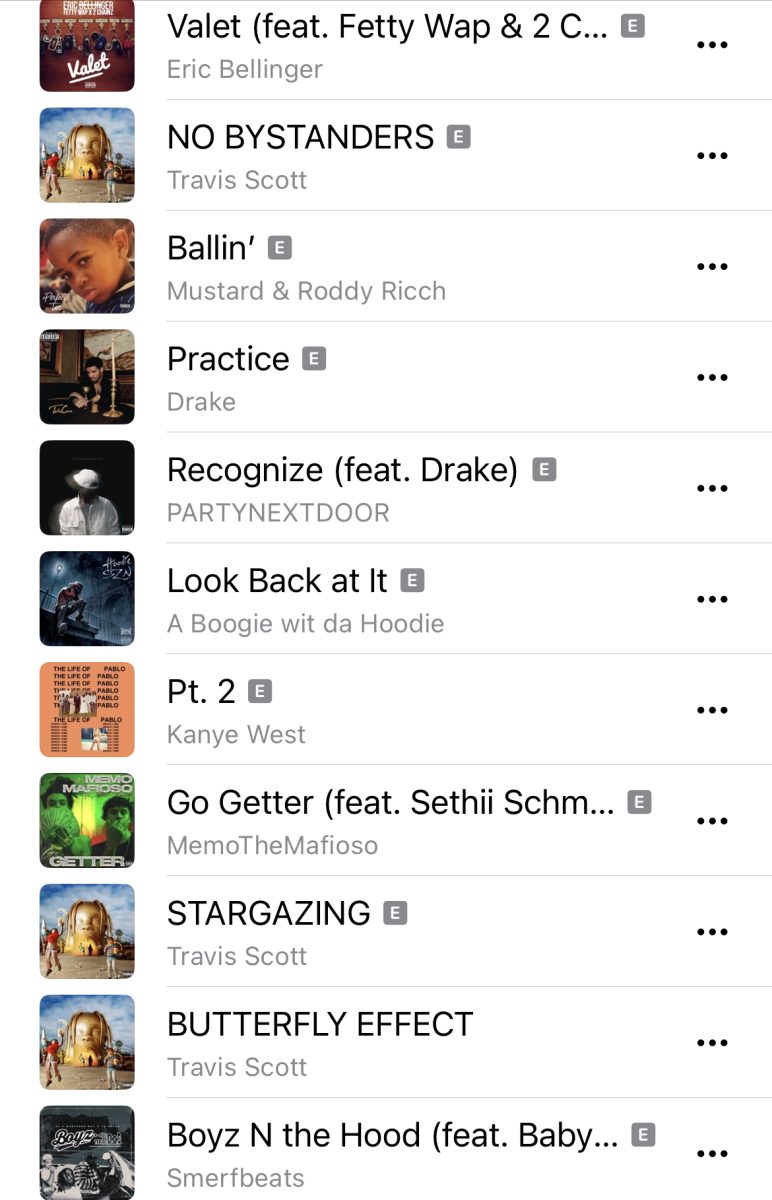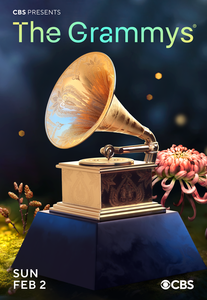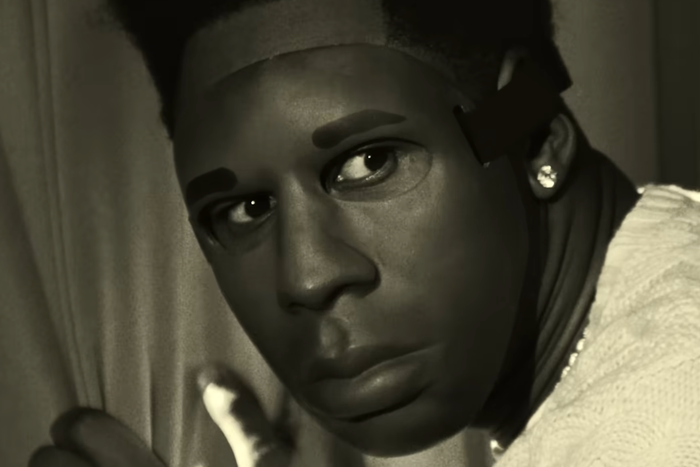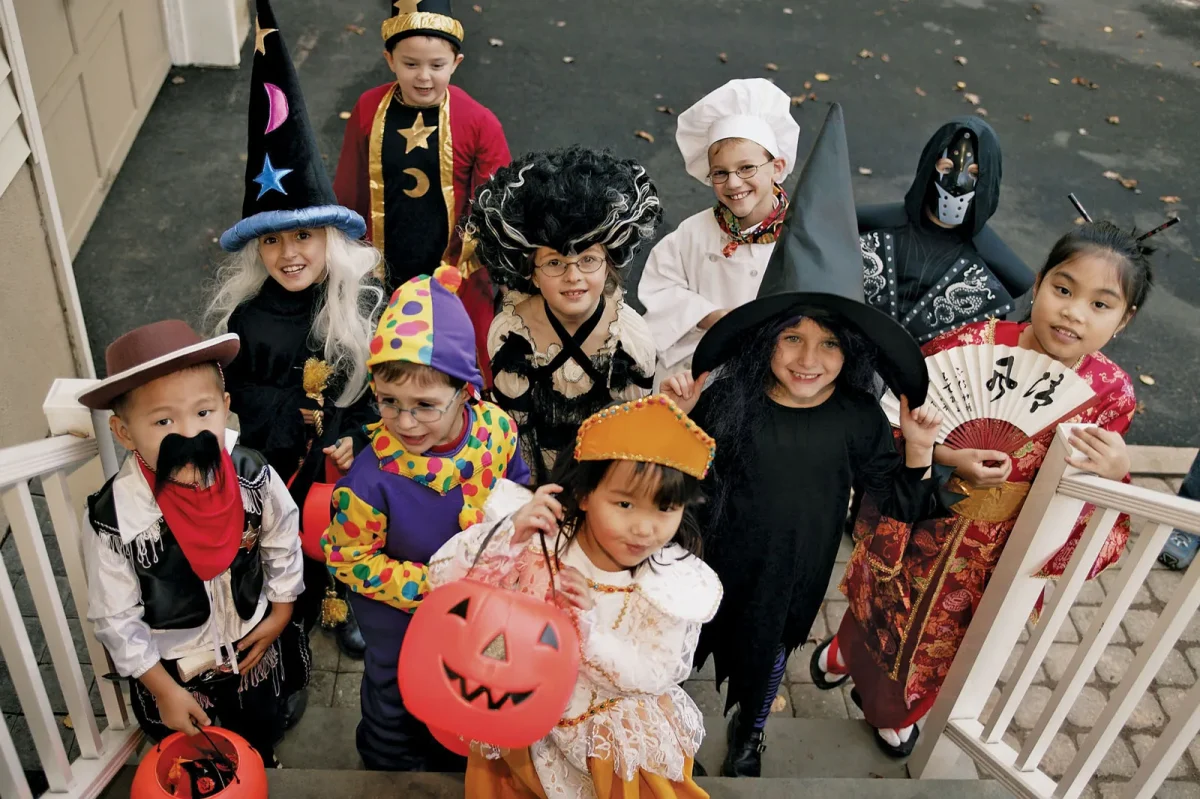It can’t be denied that rap as a genre has had an incredibly strong influence on the music world, and has become a staple part of modern culture. Rap and hip hop are widely appreciated, and are arguably the forefront of the music industry. An article from Spotify’s “For the Record” stated that “nearly a quarter of all streams on Spotify” are hip hop and that, “for the past three years, almost half of Spotify’s Top 50 most-streamed artists globally have been hip hop or rap artists.” These are massive numbers, with the genre itself, as well as the artists behind the songs, gaining cult followings of fans.
Rap has especially gained traction and popularity in most high school environments, obtaining a mass teenage audience.
“I feel like rap is just what every teenager is listening to these days,” says senior Hanna Brady.
Every person carries their own personal feelings as to why they love the music they do, and rap is no different. Teenagers gravitate towards rap for many different reasons. Rap is a bold, energetic form of expression. It’s exciting to listen to. Rap feels modern, like it fits into our generation; there’s a place for it. It’s gritty, loud, and strong, with its common blaring bass, and quick rhythm and beat.
“Rap is just such a versatile genre,” says senior Maia Mitrea. “The lyricism is always hype and interesting. It’s fun.”
Rap is also what’s popular, and relevant. Senior Luca Vella believes that this is a big reason as to why teenagers gravitate towards it so much.
“It’s about popularity,” says Vella. “People are influenced by what’s mainstream, and what other people are listening to.”
When the majority of people in your environment are all listening to something, you’re going to start to wonder what must be so great about it; this creates more and more of an audience for rap.
Undoubtedly, teenagers like rap, but most seem to believe that teenage boys are the more specific demographic of modern rap listeners.
“The main audience of rap music is definitely teenage boys,” says Vella. Many of our peers agreed with this statement, with a resounding “yes” as to if rap is pushed towards teenage boys.
“Rap is definitely a male-dominated genre,” says senior Evie Miller. “Listeners and actual rappers.”
But within all this appreciation for rap as a genre, is it possible that it could be creating serious problems? Does rap music send out a message that has a negative influence on listeners?
Among many others, senior Amalia Galm thinks so. “If you listen to the lyrics, most rap music is misogynistic,” says Galm. “Then, said rap music negatively affects teenage boys’ views on women, there’s no doubt about it.”
However, the lyrics in any song are not the only points of focus for listeners. We all listen to songs for different reasons, whether that be to relate to them, make us feel a certain way, or distract us from things.
“Often, the beat and the flow of a rap song can get you amped up even if you’re not listening to the lyrics,” points out junior Ollie Raboteau.
Vella agrees, saying, “I don’t think most teenagers really care, or even listen to the lyrics. People are just oblivious.”
Although many people claim to not pay attention to the lyrics, it’s likely that those misogynistic lyrics are still being ingrained in the brains of impressionable high schoolers. “I mean, the lyrics are just crazy. It’s honestly vulgar how these rap songs talk about girls,” Galm adds.
Whether we realize it or not, we subconsciously internalize the messages portrayed in the media we consume. In this era of rap, when middle and high school-aged kids are being put onto the rap and hip hop genre, it obviously is going to impact how you think and view what most of the songs talk about–women. Even if you don’t think it has an impact on your views, women notice. We notice the songs men play in front of us that feel extremely degrading, and we wonder if they think of us in that way.
Galm points this out, too, saying, “The boys I know would never play a song that’s talking negatively about men, but us girls are just meant to stand there and listen to music saying really crude things about women.”
Actions like this alone can turn certain situations into feelings of discomfort and insecurity for women, without men even noticing.
On top of that, there is an extreme amount of misogynoir (sexism pertaining only to Black women) present within hip hop culture. We can see this through the way female rappers are treated in the industry and by listeners in general. For example, out of the 35 rappers people named as their favorites, only three were women. This issue is also present in cases with rappers outside the industry, such as rapper Megan Thee Stallion’s court battle against Tory Lanez, where the misogyny and racism she faced seemed extremely traumatizing and invalidating. Lanez, a rapper and singer himself, received immense support from his audience, and teenage boys who look up to him. “Rappers are rich and successful,” says Vella. “They have influence.”
Idolizing rappers, or any artists, is generally not a bad thing. The only time it becomes problematic is when young people are blinded by their desirable lifestyle to the point where they can defend them no matter what. As with any celebrity, the influence rappers hold over teenagers needs to be taken with a grain of salt sometimes. People have taken it to extremes in the cases of Kanye West’s anti-semitism and Lanez shooting Megan Thee Stallion. At the end of the day, celebrities, including these rappers, don’t know who you are–stop defending them with your whole life!
We ourselves listen to rap more than any other genre, and are not singling it out as the only misogynistic type of music. We’re choosing to focus on rap because it is undeniably the most popular genre of music in a high school environment, which is our environment. It’s also important to note that rap is not the only genre where misogyny is present. Country, pop, and pretty much any music with lyrics also have the same problematic undertones, but are often overlooked due to the negative stigma surrounding rap music.
Attendance Coach Isaac Camacho points out this disparity of criticism between rap and more white-dominated genres of music. “There’s more negative things about your traditional white, cis music, but we like to focus on more marginalized communities and the music that they make.” He added that targeting those communities is a form of racism, and an attempt to make it harder for them to thrive. “Art is very subjective. All music sends good messages and bad messages.”
Overall, rap is not going anywhere any time soon, and much like everyone else, we don’t want it to. But, it’s beyond important to be aware of the media you’re consuming, and the ideas you’re internalizing. We are not angry elders who think that rap is the devil’s music, simply young women who believe that this issue deserves a spotlight, deserves the discussion. In a time where women are so often targeted, these are the types of conversations that need to be had. We’re not telling you to stop listening to rap, just to consider the question: Are you really listening?
Are you really listening? Modern Rap Music & Misogyny
Why teenage boys hate women: An opinion
October 30, 2023
Categories:
1
8
More to Discover
About the Contributor
Vivi Golomb, Print Co-Editor in Chief
Hi, my name is Vivi and I’m a senior at Cleveland High School. This is my second year on The Clarion, and I’m the co-editor-in-chief of the print newspaper.








Daniel Montejo • Jan 10, 2024 at 3:40 PM
For sure there are plenty of rap music that sucks, just like there’s music that sucks in every genre. Obviously of your listening to rap that’s meant to hype up someone, the lyrics will make no sense. But rappers like J. Cole and Kendrick Lamar and the late Tupac Shakur have lived through things that we will never be able to comprehend, and they used that to their advantage. Their lyricism is incredible as they tell their stories in a way that raises awareness on problems like prostitution, police violence, racism, black on black crimes, and more. I know what I’m listening to, are you?